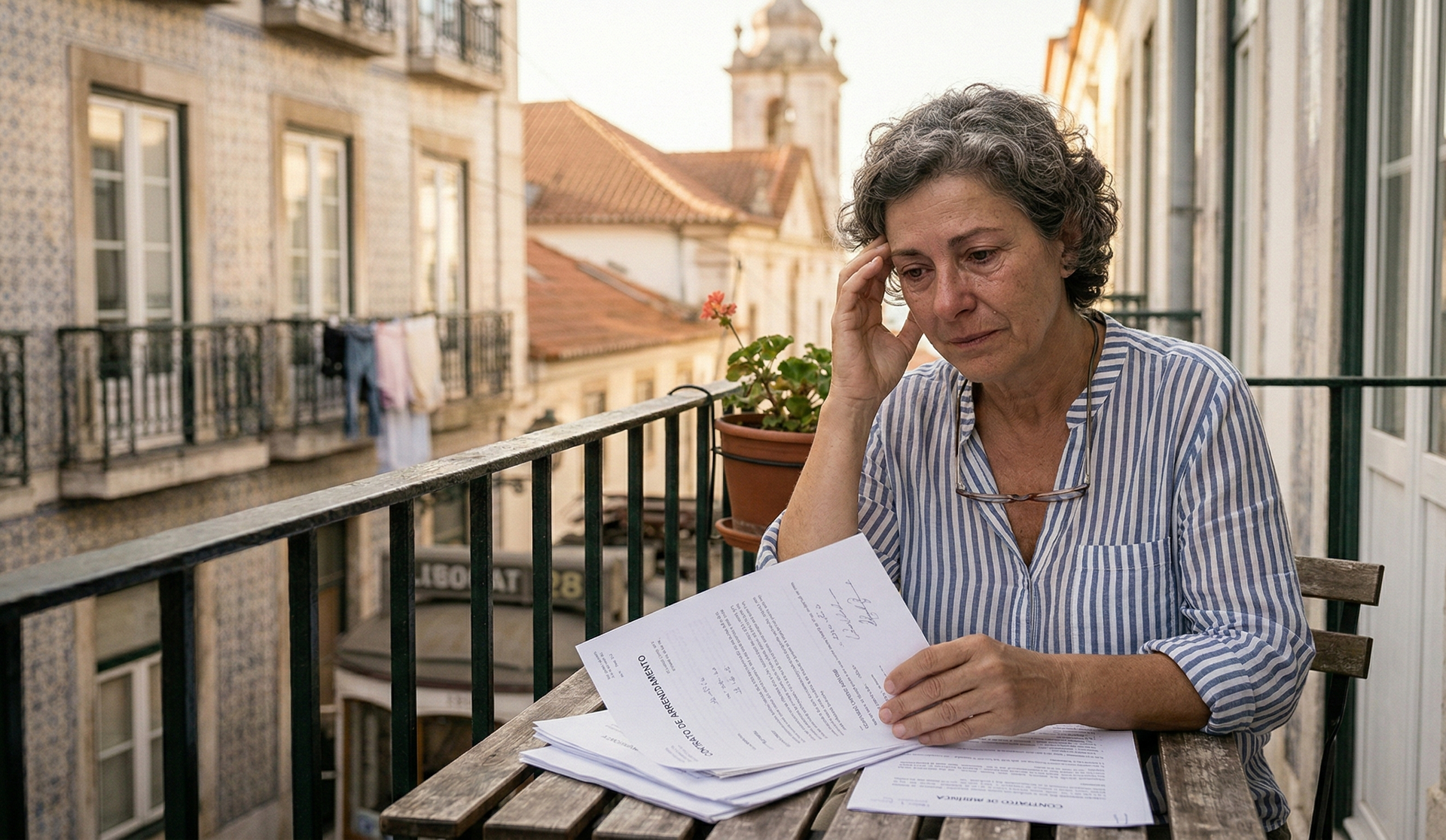New requirements for foreign driving licences in Portugal
On August 1st, Decree-Law No. 46/2022 of July 12th came into force with the aim of easing the requisition for validation of foreign driving licences. Therefore, people from Member States of the Community of Portuguese-Speaking Countries (CPLP) and the Organization for Economic Cooperation and Development (OECD) no longer need to exchange their driving licences for a Portuguese document, thus increasing the mobility between these countries.
This measure covers citizens of 18 countries: Angola, Australia, Brazil, Cape Verde, Canada, Chile, United States of America, Iceland, Israel, Japan, Mozambique, New Zealand, United Kingdom, Republic of Korea, São Tome and Principe, Switzerland, and Turkey.
Citizens from these countries can drive in Portugal with their national license if the country is part of an International Convention on Road Traffic or has a bilateral agreement with the Portuguese Government; no more than 15 years have elapsed since the issuance or last renewal of the licence; and provided that the holder is under 60 years of age.
Additionally, it is necessary that the holders of the respective driving licences have the minimum age required by the Portuguese law - that is, 18 years of age - and, finally, that said licences are not seized, suspended, lapsed, or revoked by virtue of any legal provision, administrative decision or court judgement applied to the holder, in Portugal or in the issuing country.
If the holder of a licence issued by a Member State of the OECD or CPLP and of the European Union wants to exchange the foreign licence for a Portuguese one, they will continue to be subject to the requirements set out on the Portuguese legal driving licence regulation (RHLC), without prejudice to the exemption of a driving test.
If the foreign driving licence has been obtained by exchanging it for an identical licence, it will only be permissible to exchange it for a Portuguese licence if the original was issued by an EU or EEA Member State; OECD and CPLP Member State, provided that such country has signed one of the International Conventions on Road Traffic or has a bilateral treaty with Portugal requiring the mutual recognition of driving licences.










